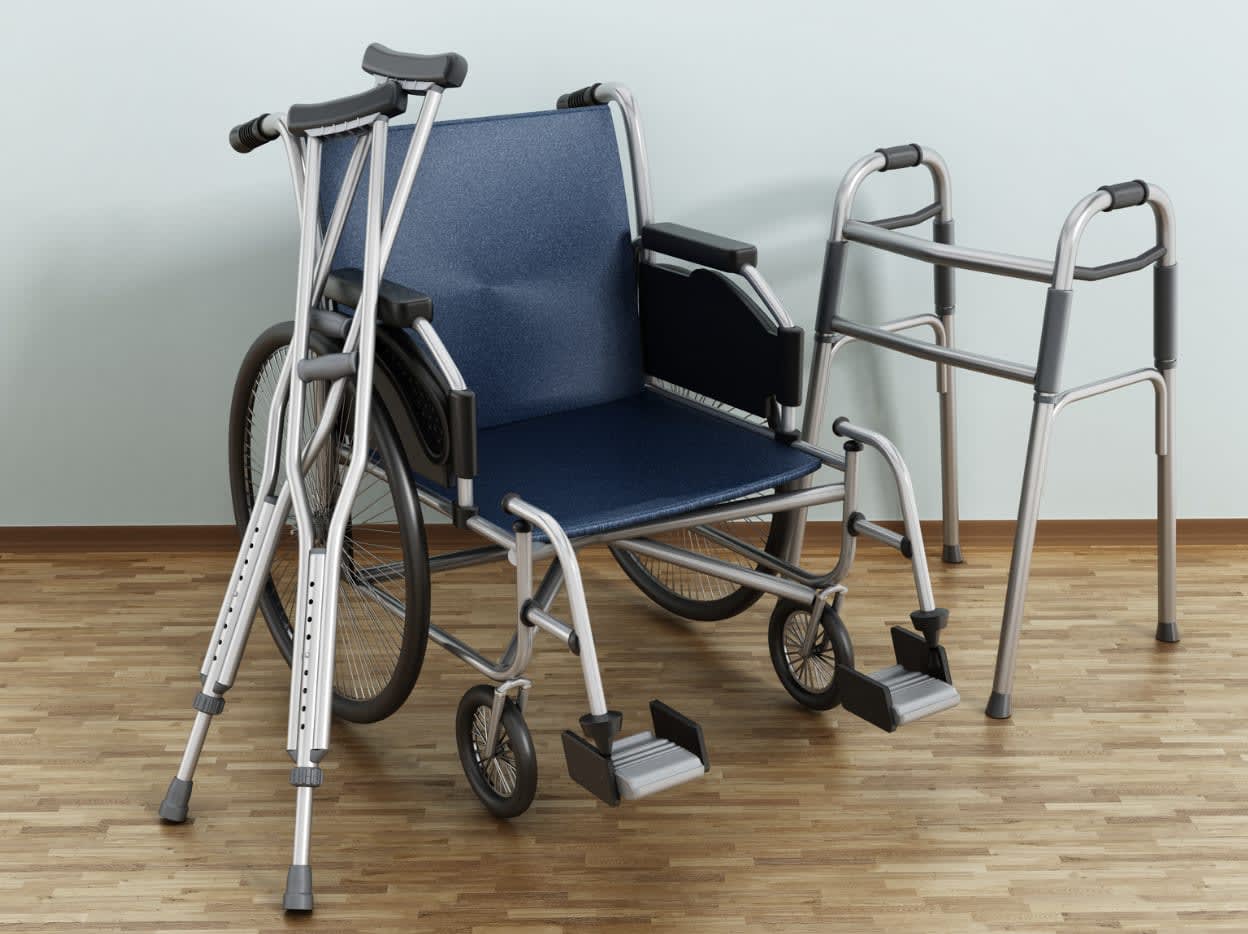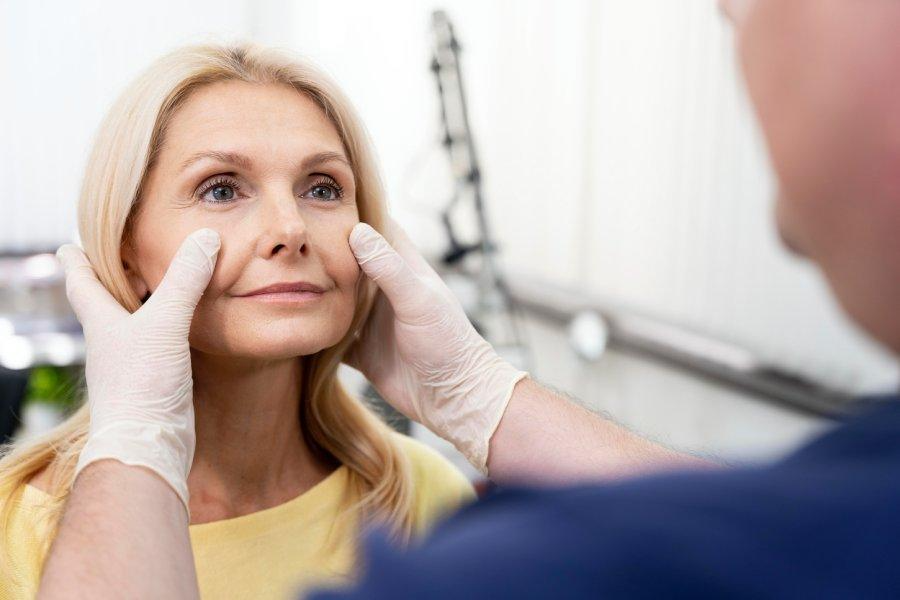In our swiftly aging society, products from mobility equipment stores like wheelchairs and walking aids have become essential for improving the lives of people facing mobility difficulties. These tools boost personal independence and make spaces more accessible.
As healthcare systems worldwide struggle with increasing costs, recognizing the financial benefits provided by mobility aids is crucial. Let’s explore how they significantly contribute to lowering healthcare expenses.
Improves Autonomy and Quality of Life
Mobility devices are essential tools that empower individuals to maintain their independence in ways that would otherwise be challenging. These devices are particularly indispensable for elderly individuals, as well as those with long-term health issues or disabilities. They play a critical role in enabling people to participate in everyday activities, maintain social connections, and manage personal care routines.
This improved independence reduces the reliance on caregivers and family members, leading to significant economic advantages by reducing both individual and public healthcare expenses.
Prevents Hospitalizations and Injuries
Accidents, especially falls, are a common source of harm for elders. These incidents frequently lead to broken bones, hospital admissions, and prolonged physical therapy. Mobility devices, including walkers and rollators, offer dependable stability that significantly lowers the likelihood of falls.
This approach to prevention can lead to significant savings by eliminating the need for emergency treatments, surgical interventions, and long-term hospital care.
Minimizes the Need for Home Care Services
The cost of in-home care can be a substantial financial burden for individuals facing mobility challenges and their loved ones. By incorporating mobility aids into their lives, they can do various tasks on their own.
For example, a powered wheelchair enables a person to navigate their home independently, diminishing the necessity for a full-time caregiver. Similarly, mobility scooters provide the freedom to perform outdoor activities, from running errands to visiting friends. This shift towards greater independence not only reduces out-of-pocket costs for families but also alleviates the strain on public healthcare systems.
Delays the Shift to Assisted Living
The financial responsibility of assisted living centers is a significant concern for elderly adults. Utilizing mobility aids can postpone the need for these facilities, enabling older individuals to move around their houses and handle their everyday tasks safely. This support mitigates hefty financial implications and bolsters the mental and emotional health of seniors by keeping them in their familiar environment.
Enables Early Hospital Releases
One key factor driving up healthcare costs is the length of hospital stays. Mobility aids can help shorten these by allowing patients to continue their recovery at home.
For instance, patients recovering from an operation can leave the hospital sooner if they have an appropriate mobility aid rather than waiting until they can move without help. This approach makes more hospital beds available for other patients. It also cuts down on the total expenses related to care by decreasing the duration of hospitalization.
Encourages Physical Activity
Staying physically active is crucial in preserving health, especially for people facing mobility challenges. Mobility aids support active living by making movement and exercise more feasible.
Whether taking a stroll with a rollator or navigating larger spaces with a wheelchair, these activities maintain cardiovascular health and help prevent obesity. They also decrease the risk of problems like pressure sores and muscle atrophy. Ultimately, improved physical health means fewer complications and reduced healthcare costs.
Provides Psychological and Social Benefits
Mobility aids foster social engagement and involvement in community events, helping to alleviate feelings of isolation and depression that often affect those with restricted mobility. Since mental well-being is deeply intertwined with physical health, enhancing the psychological state through mobility devices can ward off mental health issues that might lead to expensive medical treatments.
Takeaways
Mobility aids are not merely instruments for movement. They represent essential investments in proactive health management. In our ongoing quest to address the escalating costs of healthcare, mobility equipment should be recognized and supported as a fundamental component of a sustainable and cost-effective healthcare system.
Explore Mobility Solutions Today
Investing in excellent and the right mobility aid can remarkably improve an individual’s quality of life and contribute to considerable savings and improvements in healthcare. To find the best mobility aid for yourself or a family member, visit a local mobility equipment store today. A trusted supplier will have a variety of devices designed to cater to different requirements and preferences.











